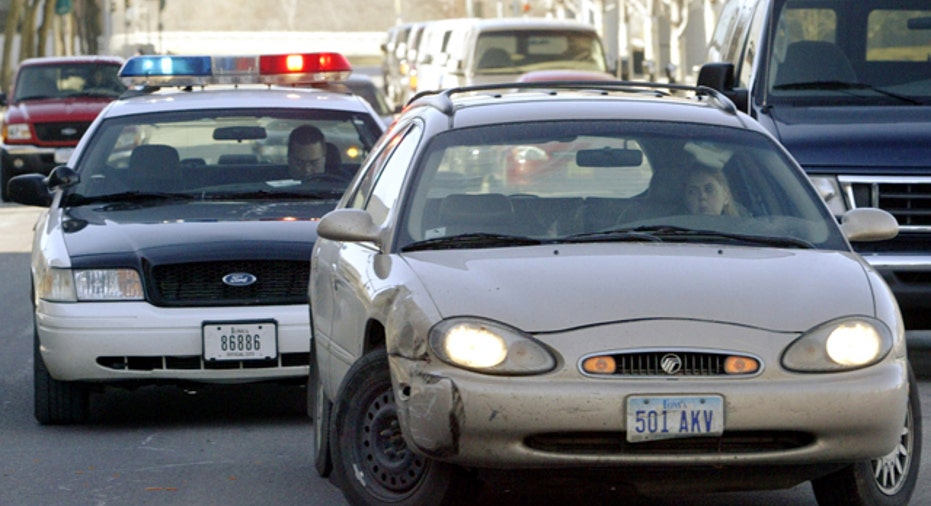Can Police Really Trace a Phone Call in 60 (but not 59) Seconds?

It's a Hollywood plot device as old as the Princess phone: The good guys receive a call from the kidnapper/mad bomber/drug lord, they need to string him along for 60 seconds to trace the call, but he's wise to their time constraint and hangs up just short of the one-minute mark.
While it may have made Jack Bauer sweat bullets on "24," the old 60-second rule is strictly firing blanks today.
"In the digital age, it's immediate," says private investigator Gary Tuttle of Assured Investigations in Atlanta. "As soon as the call is placed, it can be tracked and traced to where it is being originated."
An FBI agent who spoke on condition of anonymity agrees: "If someone is calling from a landline, the carrier will know immediately. They can't hide it from the phone company. It may come up on your phone as unavailable, but the phone company knows exactly where it's coming from," she says.
Back in the bell-bottomed pre-digital 1970s, telephone switchboards required operators to manually connect circuits, leaving the cops to cool their heels for 10 to 20 minutes while Ma Bell pinpointed the caller's location. That first 60 seconds might only get operators to the first or second switching station, hence the old "Keep him talking, Chief!" gambit.
But manual switching died along with disco by the mid-1980s when electronic switching systems enabled carriers to instantaneously match a caller with a location.
Caller ID and *57 call tracing services -- the primary consumer interfaces with electronic identifiers -- make it tough to hide from the heat these days. Dialing *67 may cloak your call from other Caller ID-equipped phones, but not from your carrier or the authorities.
The location of a cell phone caller is equally easy to trace, thanks to a 2006 order by the Federal Communications Commission that requires cell phone networks to feature location-tracking technology such as GPS chips to assist 911 services.
The 60-second rule? Sorry, Hollywood; wrong number.
These days, if you really want to give our 60-minute man Jack Bauer the runaround, give your bad guy a stolen cell phone, or better yet, a one-time-use "drop phone" available at your nearest Walmart and put him on the road.
"When the number isn't associated with the person we're looking for, we have to triangulate their position off of cell phone towers," says our FBI agent. "If they're not moving, we can be down to one house away from where they are, and when it comes down to that, we can surround a neighborhood and go door to door to find the person we're looking for."
More from CreditCards.com:



















